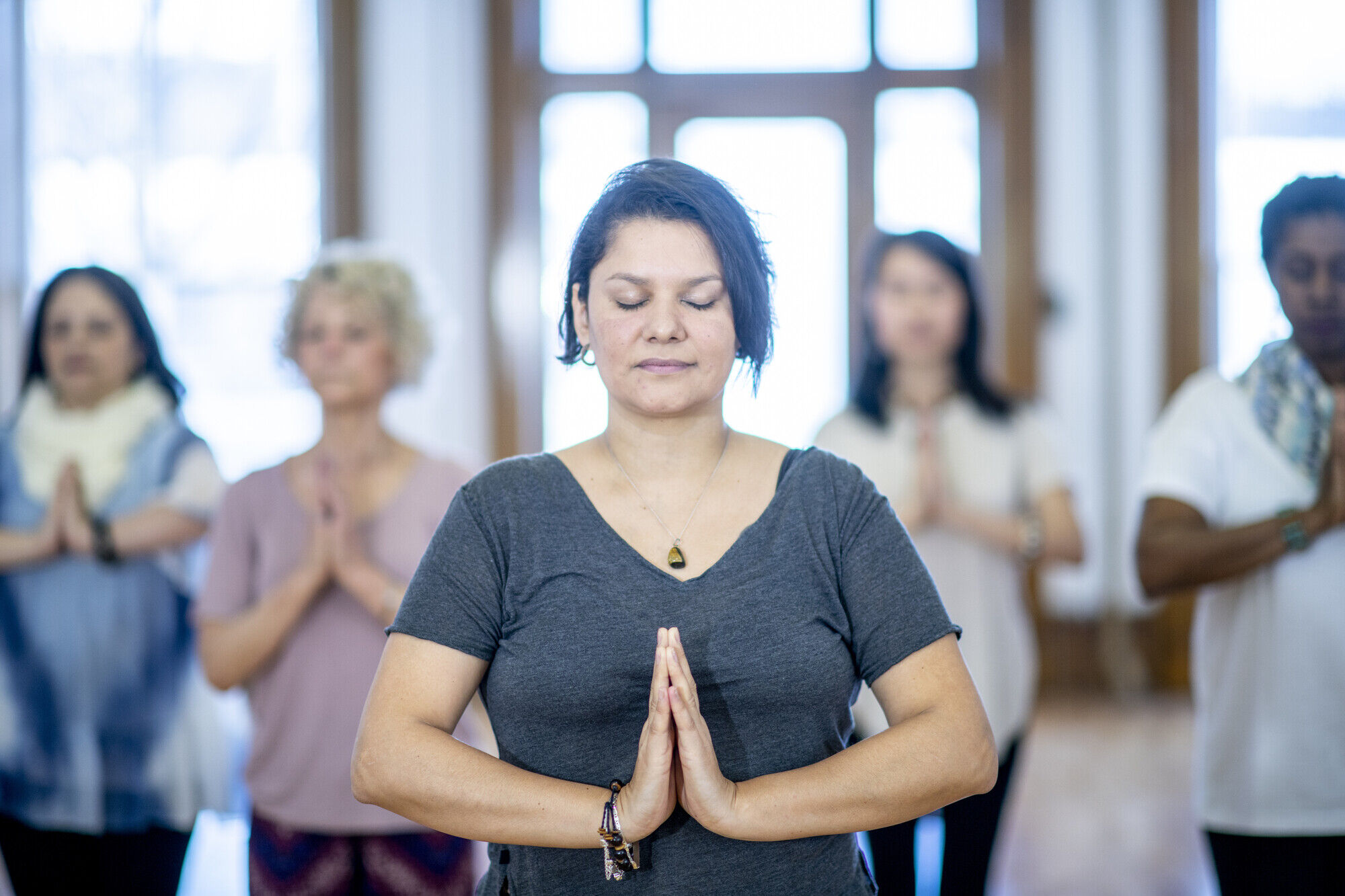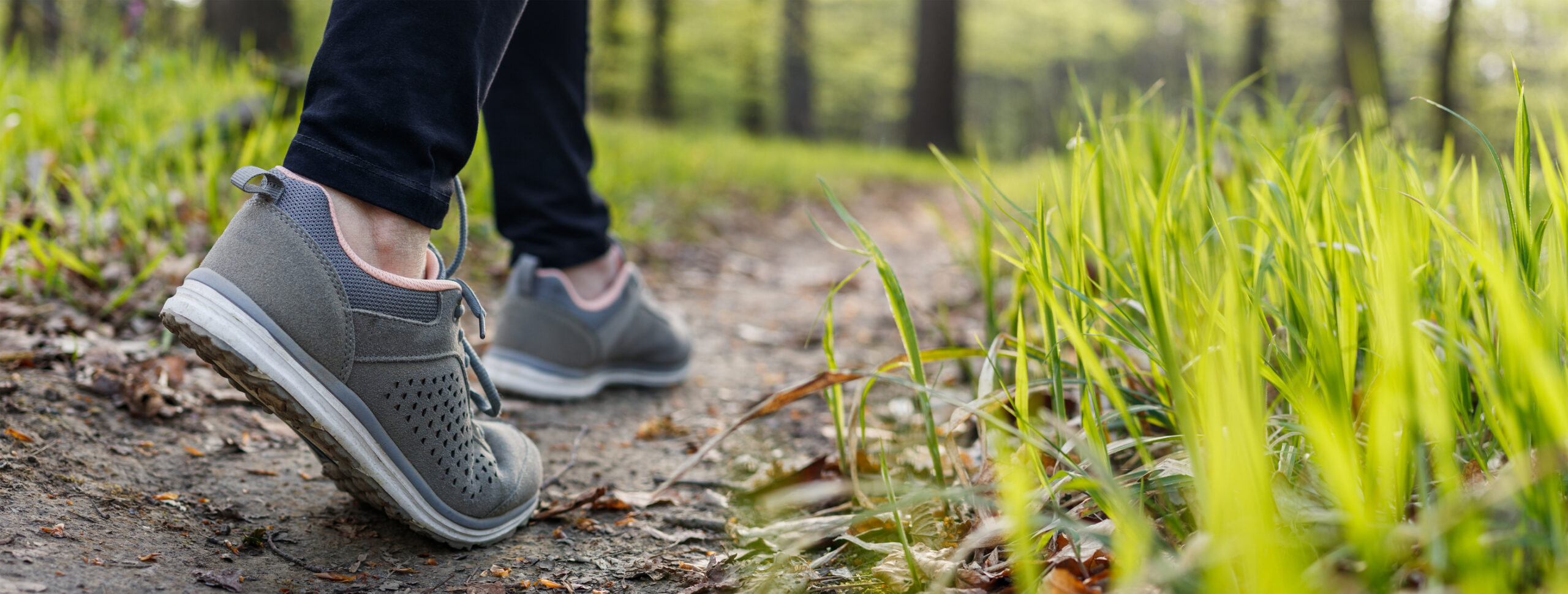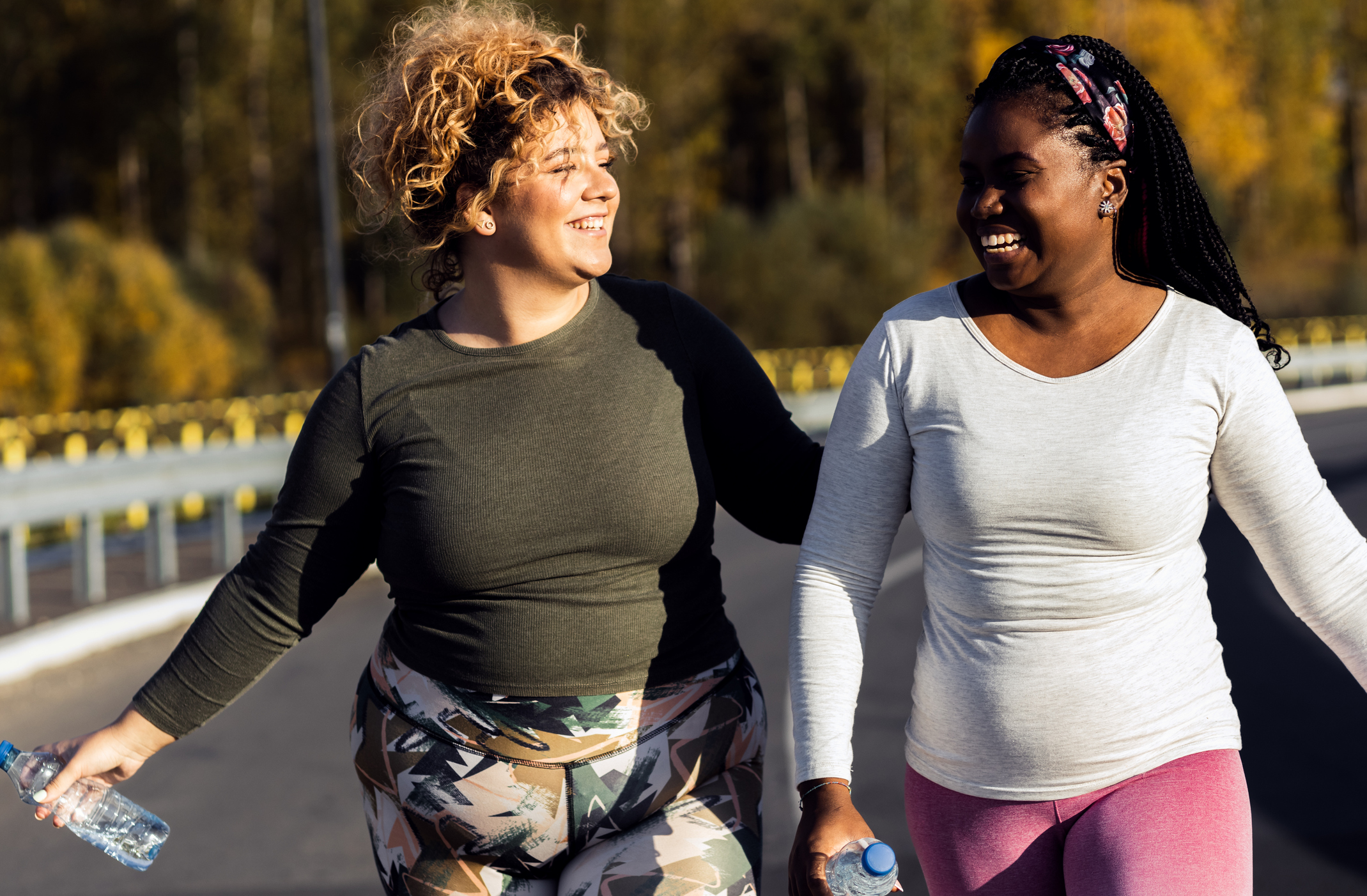Habits shape our daily life. They can be deeply ingrained, making them tough to change. When we want to swap old habits for new, how should we go about it?
Habits are defined as a settled or regular tendency or practice. The habits we have shape our day to day life, our belief system and more. More often than not, they’ve developed by default, without thought or intention. We do things habitually because that’s the way we’ve always done them. Changing habits can be hard as often it involves stepping out of our comfort zone.
Creating new habits and dropping ones that aren’t working for us is doable. You just need a little support and guidance. The first thing we need to identify is our ‘why?’. Why do we want to stop or start a certain habit? Being specific helps. Let’s look at some examples.
| Stopping | Why? |
| Smoking | Live longer for our family & save money |
| Nail biting | Unhygienic and uncomfortable |
| Coffee drinking | Poor sleep, jittery |
| Snacking on junk | Weight gain, poor example to kids |
| Starting | Why? |
| Exercise | Want to keep up with kids |
| Healthy eating | Lose weight for mobility |
| Meditation | Manage stress levels, better parenting |
Every person’s ‘why’ is unique to them. To successfully change your habits, you need to work out what the benefits will be for you. Many ‘bad habits’ are addictions, so it’s helpful to understand how our brains respond to them.
Understanding what else is at play can really help. Factors like capability and opportunity influence our overall motivation and how ready we are to make long term changes.
For us to engage in a particular behaviour at a given time, we must be physically and psychologically able (capability) and have the social and physical opportunity to do it. We also have to want or need to do the behaviour (motivation) more than any other competing behaviours at that moment.
Remember, your ‘why’ is your biggest motivator. Be honest with yourself and think about why you want to lose weight/stop smoking/start eating well. Be specific. Reasons like ‘I want to walk my daughter down the aisle’ or ‘to feel confident at the swimming pool’ and ‘I want to feel uninhibited being intimate with my partner’ are all great, specific ‘whys’ that’ll keep you on track.
Good habits to incorporate in our daily lives that’ll increase our health and wellbeing include:
- Practising gratitude
- Eating a balanced diet
- Structured exercise
- Moving more
- Getting sufficient sleep
- Meditation
- Being open to trying new things
Try using the habit loop to help you reset and change your ways. The habit loop? What’s that? You probably already use it everyday without realising it. Maybe you leave moisturiser by your bed to remind you to moisturise each night. Or maybe you put the biscuits out of sight to stop you mindlessly reaching for them next time you make a cuppa. You’re using the habit loop to reinforce or change your habits and behaviours.
Think about the little things you can do to help you change. What can you do to increase friction around habits you want to lose? Move the biscuits? What can you do to decrease friction around new habits you want to keep? Leave fruit and veg in a bowl on your table to help you eat your 5 a day. Little changes can go a long way in helping you change your habits for good!



